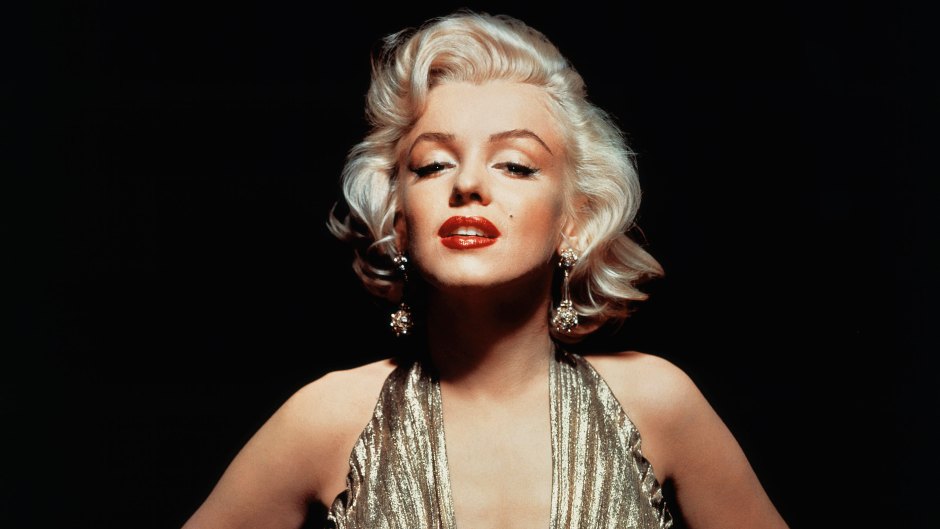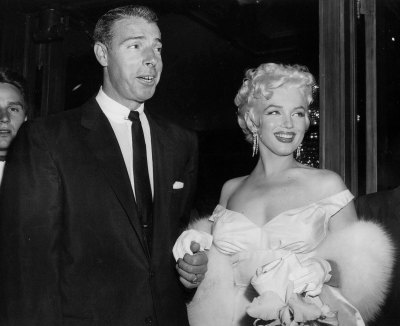
Gene Kornman/20th Century Fox/Kobal/Shutterstock
Marilyn Monroe’s Mysterious Last Days: New Documentary Explores Icon’s Life in Never-Before-Heard Tapes
Her sparkling smile. That bombshell figure. For a brief period from 1948 until her untimely death in 1962, Marilyn Monroe seduced the world. “There was something so vulnerable [about her],” recalled The Misfits director John Huston, “something you felt that could be easily destroyed.” It turned out he was right.
A new Netflix documentary, The Mystery of Marilyn Monroe: The Unheard Tapes, delves into the star’s life, death and mystique through never-before-heard recordings. “There’s a mystery about the story. Sex and politics. The Kennedy brothers. The Cuban Revolution,” biographer Anthony Summers says. There’s also the seemingly unjust end to her tale, that three months after singing “Happy Birthday” to John F. Kennedy, she was found dead of an overdose of sleeping pills. Was it suicide, an accident or something more nefarious? “The true things rarely get into circulation,” Marilyn says in the film. “It’s hard to know where to start if you don’t start with the truth.”
The truth is that Marilyn had a difficult childhood, shuttled between foster homes, where she was sexually abused, while her mother was in mental asylums. “She seemed concerned about childhood memories of being molested,” the star’s close friend, actress Peggy Feury, said of Marilyn’s last months. “She knew people who were psychotic from such episodes, and she thought that at least she’d survived that.”
As a child, Marilyn escaped into movies. “Although I was a kid and didn’t know anything about acting, I wanted to know [how to become an actress],” she said. Once in Hollywood, her career took off quickly. “Marilyn went right down into her own personal experience for everything,” Huston said. “She would pull something out of herself that was unique and extraordinary.”

But failed marriages — to baseball great Joe DiMaggio and playwright Arthur Miller — and miscarriages left her emotionally broken. “She wasn’t happy many times,” said Marilyn’s hairdresser Sydney Guilaroff. Dr. Ralph Greenson, her psychiatrist from 1960 until her death, “saw a woman who was deprived of childhood,” says Summers. “He thought that what she needed was a family.”
The Kennedys weren’t the family he had in mind. Marilyn told Greenson’s daughter that a new man in her life was “so important that she couldn’t tell me who he was.” Marilyn called him “The General,” as in Attorney General Robert Kennedy.
Marilyn’s intense romantic involvement with both Bobby and John Kennedy is rumored to have put her in the crosshairs of the FBI. A month before she died, with a nuclear threat heating up the Cold War and Marilyn branded a leftist by the FBI, the Kennedys broke things off. “Jack didn’t contact her, Bob did,” her friend Arthur James said. “And that’s what killed her. It was the beginning of the last day.”
What really happened that day? Summers believes there was a cover-up of “the circumstances of her death … because of her connection with the Kennedy brothers.” The truth may be lost to history, but Marilyn came to a truth of her own. “I’d like to say here and now, fame is fickle,” she believed. “It has its compensation, but it also has its drawbacks, and I know it. I’ve had you, fame. So long!”






































